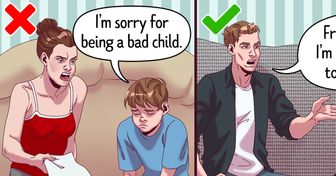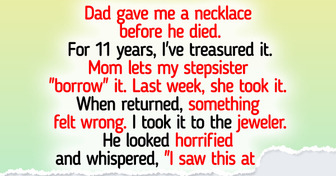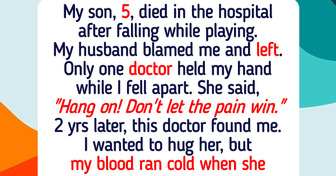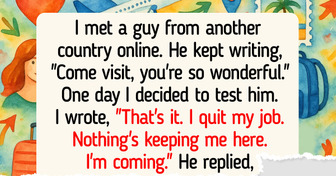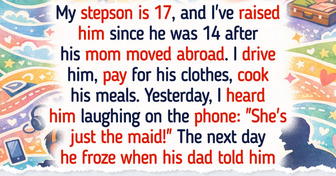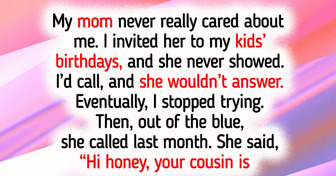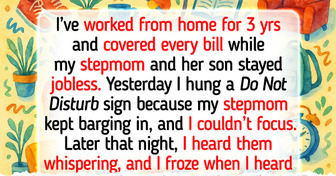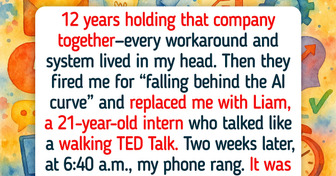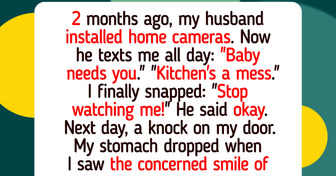What Love Bombing Is, and Why It’s More Dangerous Than It Sounds
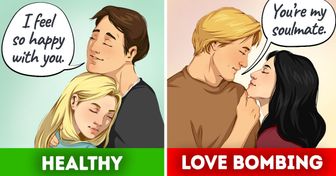
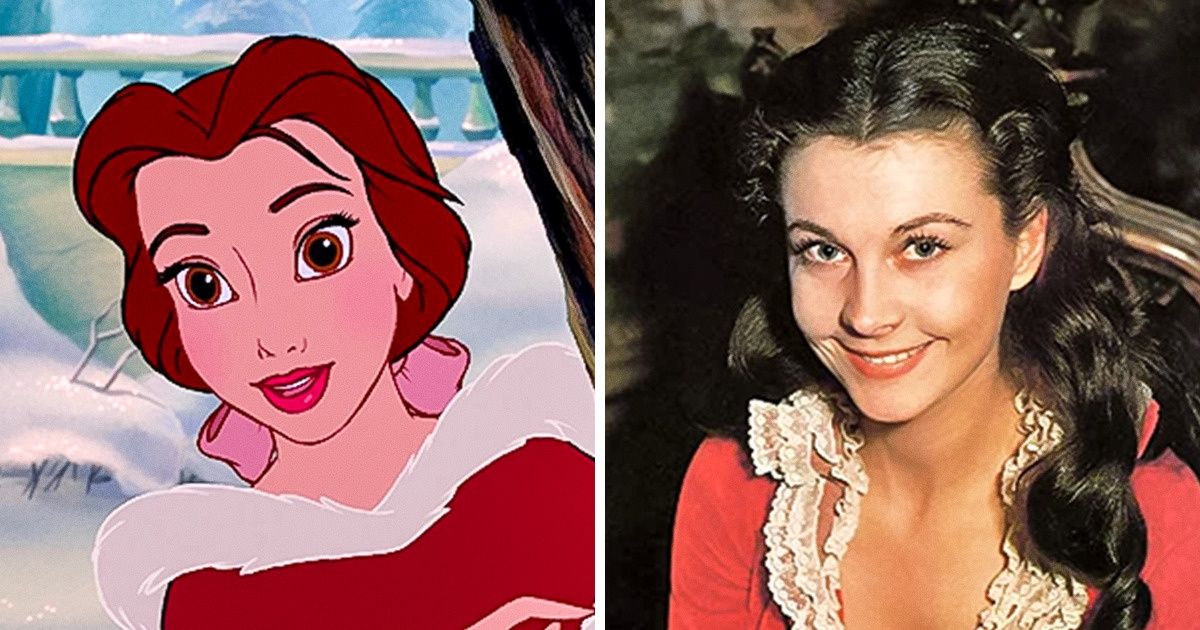
Growing up with Belle, Pocahontas, and Alice we laughed and cried with them and sometimes even tried to look like them. As it turns out, many of our favorite heroes were actually based on very real people. For example, Conrad Veidt’s creepy smile became one of the most recognizable features of the Joker, Irene Bedard gave Pocahontas her Native American facial features, while John Nettleship shared his whole appearance and passion for chemistry with Severus Snape.
We at Bright Side found 15 iconic characters that were either loosely or wholly based on real people. This list will show you that truth is stranger than fiction, and some of the weirdest and wonderful characters of all time actually existed in real life.
Arleen Sorkin is an American actress, screenwriter, and comedian. Sorkin is known for inspiring and doing the voice for the DC Comics villain Harley Quinn.
Paul Dini, the creator of the character, shares his memories: “Arleen and I are friends. When I was thinking about Harley, I just thought to myself, “Gosh, she sounds like Arleen.” When Sorkin appeared as a wacky jester on Days of Our Lives in a Pied Piper outfit, and I was like, “Well, there she is. She should run around with the Joker dressed like that.”
The origin of this creepy clown doesn’t come from the circus. The visual inspiration for Joker was German actor Conrad Veidt with his title role as Gwynplaine in the film The Man Who Laughs.
Though the Joker has evolved in the nearly 80 years since his debut, the main features of the character have stayed put: his frozen smile as the result of a disfiguring scar and his chalky-white skin brought to the screen back in 1928 by Veidt.
Irene Bedard is best known for her portrayal of Native American characters in a variety of films. For Disney, she dubbed and was a physical model for Pocahontas. Irene gave the character a powerful and emotional presence.
Belle is an intelligent and beautiful character whose main features were inspired by many famous women and characters. Jo March, the character of actress Katharine Hepburn, gave Belle her strength and love for books. Belle’s elegance is based on impressionist Edgar Degas’ ballerinas and her European facial features were taken from actresses Vivien Leigh and Audrey Hepburn.
Milhouse Van Houten is a caricature of Paul Pfeiffer (a character in the series The Wonder Years played by Josh Saviano). Both are the best friends of their show’s main characters, have the same hairstyle, prominent noses, and glasses. The characters serve the same character purpose — to stand by their best friends’ respective sides through thick and thin.
Mark Mothersbaugh is an American singer, songwriter, composer, multi-instrumentalist, record producer, author, and visual artist. Not only did he create Rugrats’ memorable soundtracks, but also inspired the design of Chucky, one of the show’s main characters.
Kyle is based on the series co-creator Matt Stone, who voices him, and many of Kyle’s features are inspired by Matt and his feelings, behaviors, and beliefs. His hair is a nod to Matt’s old hairstyle, and both the character and the creator are Jewish.
John Nettleship was a chemistry professor and one of his students was J.K. Rowling. It was exactly him who inspired the character of professor Snape in Rowling’s books. First, the physical resemblance: whip-thin and “ghostly white,” with long and often rather greasy black hair, a burning gaze, an intense manner, irregular teeth, and a rather large nose, and he was often a bit scruffy and unkempt. Second, his intelligence, wit, and passion for his subject.
Everybody that knew him, except himself, recognized him as Snape immediately. John Nettleship even told a story: “Quite a lot of my ex-students recognize the inspiration when they see the film. They come to me and say, ’We saw you in the movie, sir’.”
Rocko has the personality of a young wallaby Woody Allen. Joe Murray, the creator of Rocko’s Modern Life, described his character as a 20-year-old male scrub wallaby, who was “a young, anthropomorphic Woody Allen who had just moved away from home into a surrealistic adult world.” In this sketch, he described the character as somewhat spacy and “naive to the new chores of life.”
Before the world-famous Krusty there was Rusty. His real name is James Allen and he hosted children’s shows in the Portland area. Matt Groening, who grew up in Portland, used his childhood memory of Rusty as an inspiration for The Simpsons. Unlike Krusty, Rusty was loved by his community and not just by his TV audience.
Matt wrote in his book Planet Simpson: “Rusty Nails was very nice...a very sweet clown, but he had that name, Rusty Nails, which I found incredibly disturbing as a child.”
Alice in Wonderland is among the most influential books ever written. Lewis Carroll’s inspiration for this book was Alice Liddell, a 10-year-old girl and a friend of his. Lewis found his inspiration in a rowboat in Oxford, England in 1858. He was there with the 3 young daughters of his close friends Alice, Edith, and Lorina Liddell. To amuse the kids, he created a little story about a girl. Alice found the fairy tale so interesting that she begged Carrol to write it down for her and he couldn’t resist.
Zorro’s story is based on the biography of Joaquín Murrieta. This name was used in the movies with Antonio Banderas, whose character’s surname is Murrieta.
Joaquin Murrieta was born around 1829 in Hermosillo, Mexico. Murrieta faced racism from white Americans which caused him to rebel against society and its rules. Murrieta had become “a folk hero... a dashing, romantic figure that swore to avenge the atrocities committed upon his family and who committed his many crimes only to ‘right’ the many injustices against the Mexicans.”
Winnie-the-Pooh is actually inspired by a real-life bear who lived in the London Zoo whose name was Winnipeg. The bear got into the zoo thanks to a Canadian soldier and veterinarian named Harry Colebourn. Winnie was one of the most popular animals in the London Zoo. Christopher Robin was a frequent visitor there, and he even named his teddy bear after Winnie. Inspired by his son’s toy, A. A. Milne wrote a story and published Winnie-the-Pooh on October 14, 1926.
1967 was the height of The Beatles popularity and also the year that The Jungle Book was released by Disney. Supposedly it was the Beatles manager who suggested that Disney Studios design the vultures based on them. John Lennon, Paul McCartney, George Harrison, and Ringo Starr were about to not only voice the characters but also to sing a song called “That’s What Friends Are For,” when Lennon suddenly refused. As a result, the song was rewritten as a barbershop quartet instead.
Captain James Hook’s appearance, from Disney’s version of Peter Pan, was inspired by the American actor, voice actor, and comedian Hans Conried. At first, Hans’ task was only to voice the Captain, but the actor was so vibrant and authentic in costume that the animators decided to use his image as an influence for the character.
Who is your favorite fictional character? Which character’s prototype surprised you the most? Feel free to share with us in the comments section!


